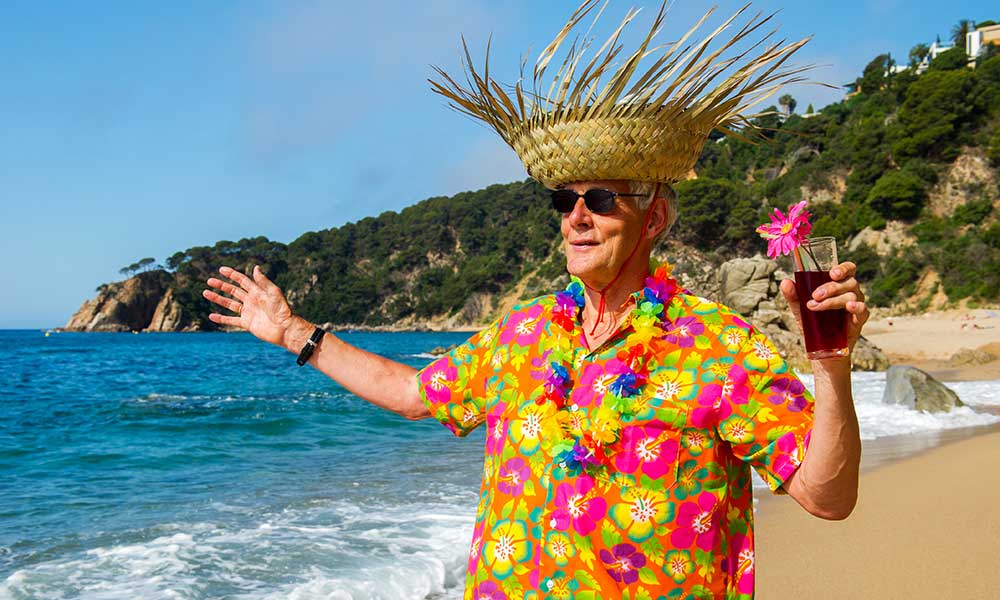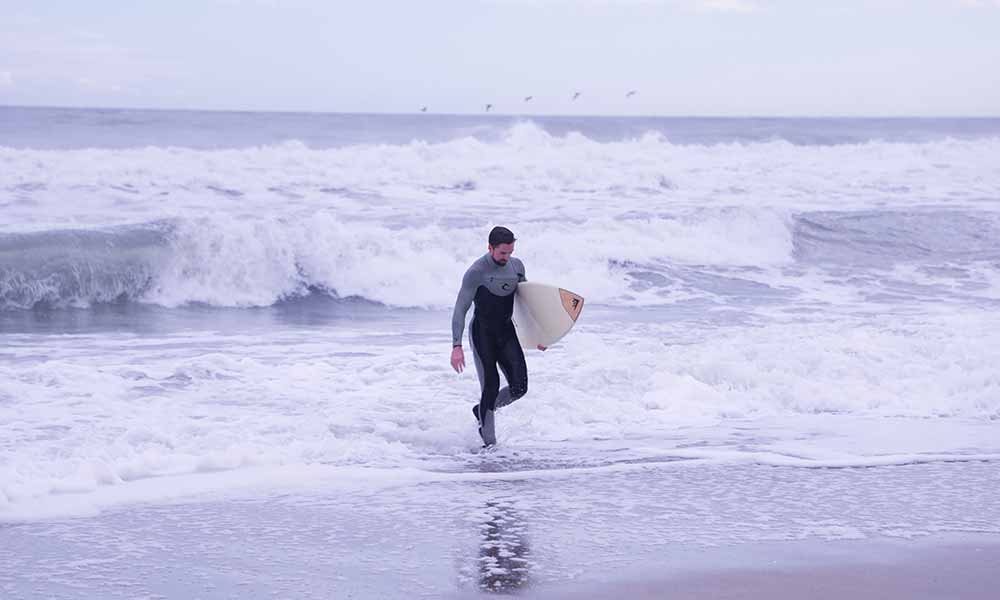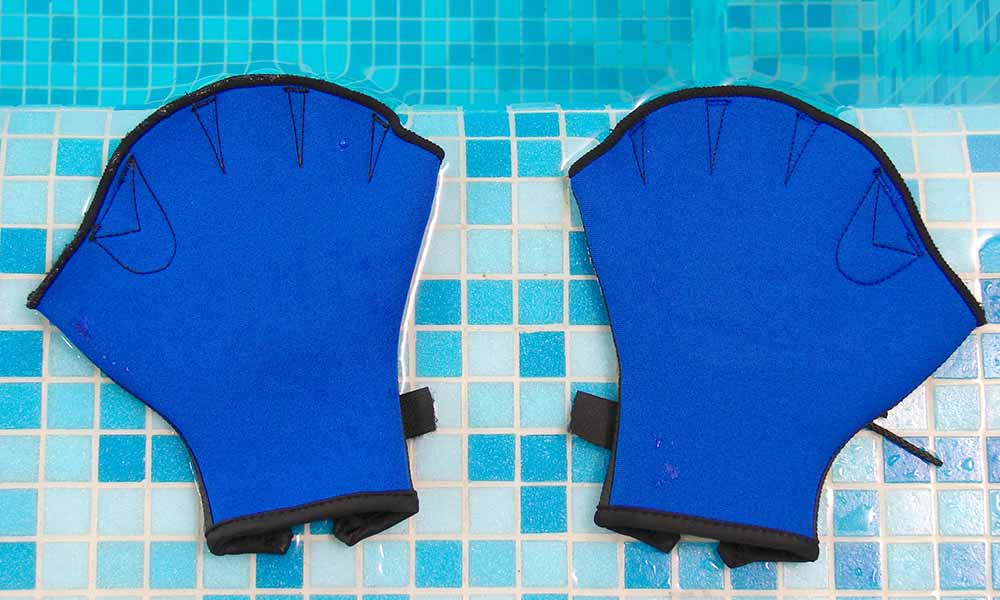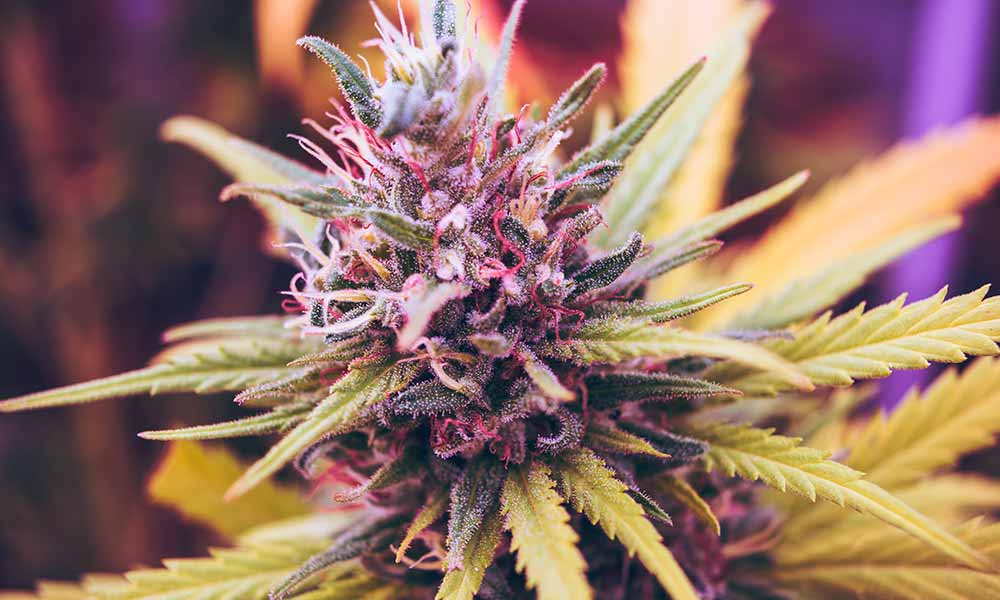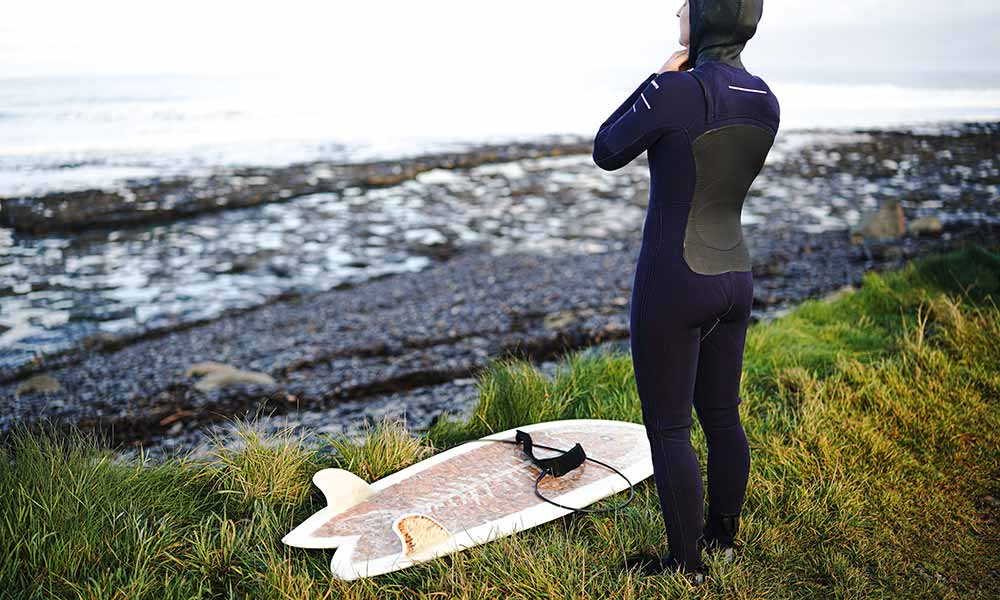Hoale is misspelled a few different ways, probably by, you know hoales. Misspellings include: howlie, howli, howley, & haoule.
It’s spelled “haole”. What does “Haole” mean and why do Hawaiians call white tourists haole? All good questions.
Here’s the history and the meaning of the word “haole”.
The Definition of “Haole”
The word “Haole” is used in Hawaii to describe a foreigner, someone who isn’t of Hawaiian or Polynesian descent.
It’s similar to terms like “Gringo” and “Yank”, in that it has been used both descriptively and pejoratively.
And just like those terms, it has been around for a long time.
What Is A Haole?
What is more haole than not knowing you are haole? Nothing, really.
Hoale Portrayed In A Hollywood Surfing Movie
Here is a dramatized scene from the surf movie North Shore showing the use of the word hoale and what it means to be very, very hoale.
How To Pronounce Haole
The trick to the Hawaiian language is that you pronounce each and every vowel in the word in most cases.
The way you say “haole” in Hawaiian is “ha-o-le”.
What is the plural of haole?
The plural of haole is “haoles”. You pronounce it “ha-o-les”.
what does hapa haole mean?
Hapa haole in Hawaiian refers to the mixed ethnic ancestry, meaning part Hawaiian and part other-than Hawaiian.
You can read more about hapa hoale on NPR.
How do you pronounce Hapa Haole?
You pronounce “hap haole” in Hawaiian as “ha-pa ha-o-le”.
A Short History of Haole In Hawaii
Haole was used to describe second-generation Europeans back in the early 1800s.
It doesn’t seem to have had overly negative connotations back then, but that changed when these children of immigrants had a significant impact on the island’s economy and culture.
By the early 1900s, the term Haole was undoubtedly used in a derogatory manner.
Today, haole is still used to denote someone’s ethnicity.
It has been claimed that it’s not a bad word in itself, and yet it’s often used in a negative context, and there have been attacks on foreigners in which the attackers have used the word.
Where did the term haole come from?
One of the most popular beliefs around the origin of haole is that it means “no breath”.
It stems from the belief that foreigners didn’t use a common Polynesian “breath of life” greeting whereby individuals touched noses and inhaled, thus sharing each other’s breath and life force.
In this sense, it’s taken to mean that foreigners have no breath and thus no soul.
Many have argued that “no breath” is a mistranslation and that the word is actually a compound of the words for “robber” and “lazy”, in which case it suggests that foreigners were seen as thieves.
It’s a claim that makes sense when you consider that similar attitudes are adopted by nationalistic groups and used to discriminate against immigrants.
In the United States, for instance, one of the stereotypes of Mexican immigrants is that they are here to steal work, and in Europe, similar attitudes persist about refugees, with certain groups insisting that they are there to “steal” from the welfare system.
An equally reasonable explanation is that it comes from a Hawaiian word meaning “without breath”, because the foreigners would finish their prayers without exhaling three times as was common among native Hawaiians.
In truth, however, none of these explanations hold water as we know that the word was used before European settlers began arriving on the Islands.
A Hawaiian explorer ventured outside of the Hawaiian Islands and wrote about his experiences.
He wrote that he has “seen Kahiki”, which was a term used for all lands outside of Hawaii, before adding that it was “an island with a puzzling language” and “no people, except…a foreign kind”.
The final line “a foreign kind” was written as “he Haole”.
In other words, it has been in use for several hundred years and predates the arrival of James Cook and Portuguese settlers.
It couldn’t have been a term that they used to mock the way that Europeans prayed or greeted, because it was already being used to refer to “outsiders” before anyone from Hawaiian had encountered Europeans.
Is Hawaii Safe for People of European Origin?
Hawaii is a beautiful island, and it attracts tourists from all over the world.
The crime rate is lower than the national average in the United States and violent crimes are rare.
However, nowhere is immune from violence, and whether you’re in New York, London, Berlin, or Beijing, there are always pockets of violence targeted at certain ethnic groups.

